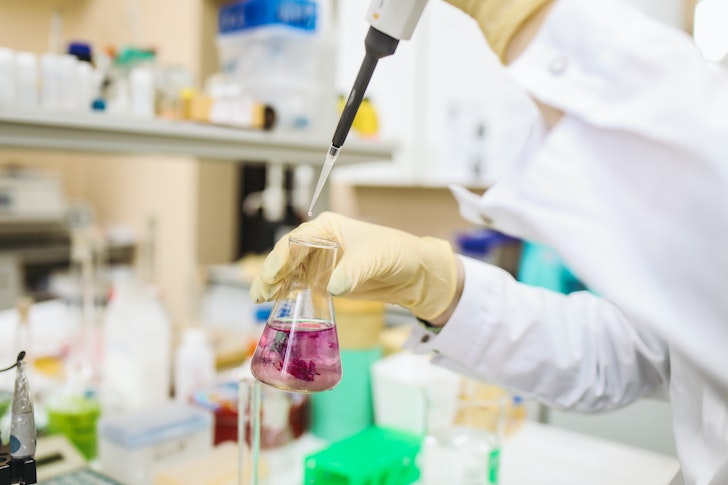Currently, the amount of plastic waste disposed of yearly is approximately 400 million tons, which weighs the same as the humans on Earth. Research says that by 2060 this amount will be tripled as plastic doesn’t decompose rapidly. Most of the waste is dumped into landfills, deteriorating the earth with each passing day.
This is why finding a way to reuse this junk is more of a necessity now.

What Do The Experts Say?
The so-called recycling of plastic that is done currently consumes only ten percent of the waste, which is too trivial to protect the ozone. The chemical bonding in plastic is formed in a way to last for millions of years.
Now, the mission is to find the key to unlock these bonds, as this fabricated fossil holds plenty of energy and resourceful chemicals. Once the door to this puzzle is unlocked, it won’t be just the environment that improves but the economy as well.
To find ways, Erwin Reisner, a professor at the University of Cambridge, believes that plastic can be a fossil fuel if used appropriately and has been working on it.
Another researcher at the University of Portsmouth, Dr. Victoria Bemmer, has been focusing on creating enzymes to break the plastic. She believes that nature has always found ways to decompose large molecules, such as the ones used in polyester and plastic.

The Theory of Erwin
The previous experiments on recycling plastic, such as mechanical recycling, failed as they were neither budget efficient nor eco-friendly. So Professor Erwin and his team devised a better solution: the solar-powered process.
He says that, as the word solar already makes it clear that this process is natural, all it requires is solar energy. Professor and his team have brought forward a way to simultaneously transfer two pollutants- CO2 and plastic- into two chemical substances.
This experiment is sound enough to be practiced on, as it’s environment-friendly and cost-effective. They use catalysts and chemical compounds to quicken the reaction, which cuts down CO2 and plastic, producing a usable chemical.
He says that the chemical can be used in various items such as lubricants, detergents, and many more yet to be discovered. The team looks positive about this being commercialized.

Efficiency of Enzymes
Dr. Victoria Bemmer, a Ph.D. in MChem, is a senior researcher at the Centre for Enzyme Innovation (CEI). She says that if the formation of enzymes is changed even a bit, looking into the matter, we might be victorious in creating one to decompose large compounds.
Her statistics result is somehow similar to Prof Erwin’s study; the decomposition of plastic through enzymes breaks it down like chemical recycling.
So, if her experiment is also commercialized, the world might not turn into ashes after all.




